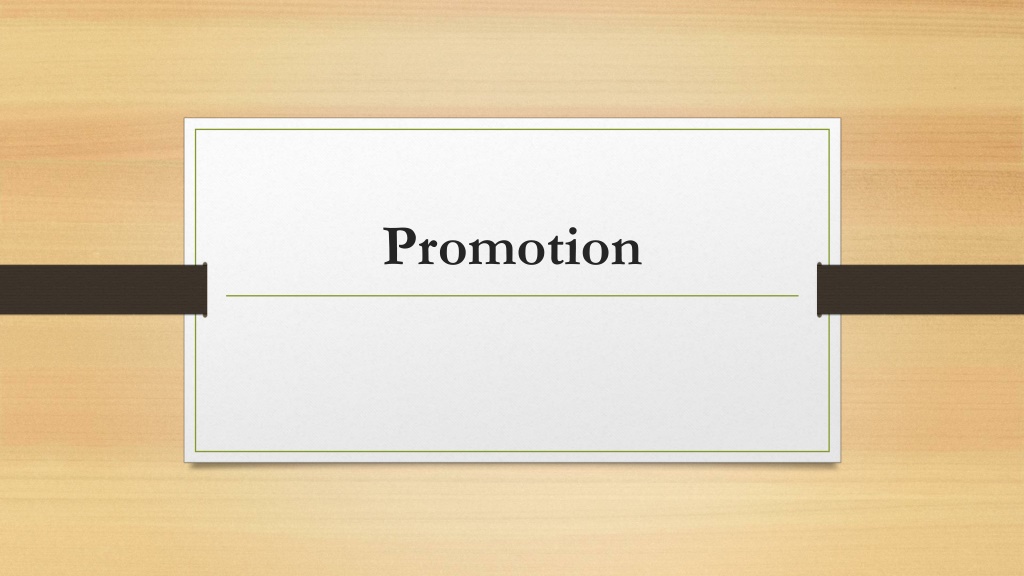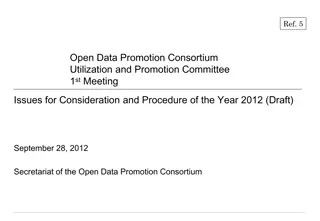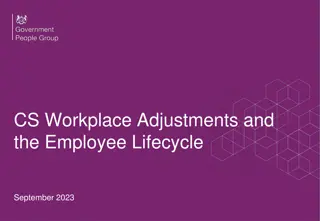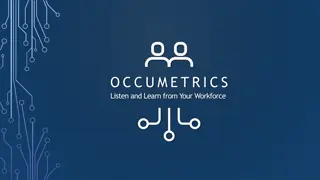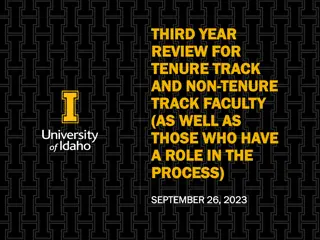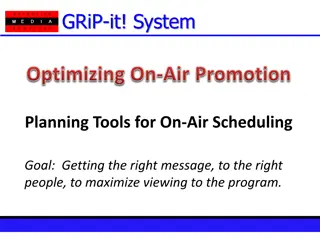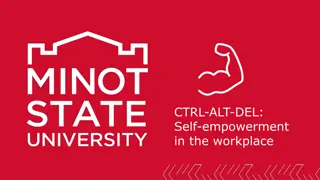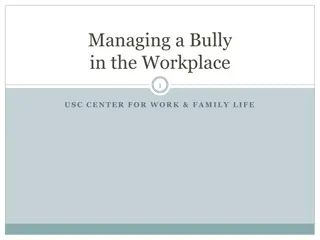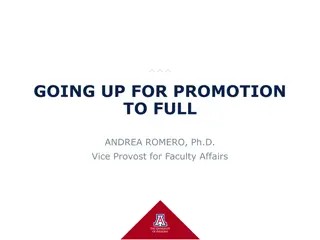Understanding the Importance of Promotion in the Workplace
Promotion in the workplace signifies employee advancement to higher roles, offering increased responsibilities, status, and sometimes salary. It serves as a key incentive, fostering loyalty, motivation, and job satisfaction among employees. The primary purposes include recognizing efficiency, attracting talent, enhancing productivity, and fostering a sense of belonging. Adhering to principles like uniformity, consistency, fairness, and having a sound promotion basis are crucial in framing effective promotion policies.
Download Presentation

Please find below an Image/Link to download the presentation.
The content on the website is provided AS IS for your information and personal use only. It may not be sold, licensed, or shared on other websites without obtaining consent from the author. Download presentation by click this link. If you encounter any issues during the download, it is possible that the publisher has removed the file from their server.
E N D
Presentation Transcript
Promotion Promotion means the advancement of an employee to a higher job involving more work, greater responsibility and higher status. It may or may not be associated with the increment in salary. Promotion is one of the best forms of incentives and it provides higher responsibilities, better salary, high morale and job satisfaction to the employees. Opportunities for advancement in service are one of the best incentives an organisation can provide to its employees. Practically, in all organisations, there are only a few employees who are always satisfied with their existing jobs. The desire to advance and increase one s status is a basic urge in all human beings. Satisfaction of that desire keeps most people striving for higher status and better pay, which in turn improves their standard of living, morale and job satisfaction. Thus, advancement is one of the best forms of incentives, which generates a sense of loyalty towards the organisation and keeps the employees busy in investing their sincere efforts in the hope of getting further advancement.
Purposes of Promotion The main purposes of promotion are: (a) To recognize and reward the efficiency of an employee. (b) To attract and retain the services of qualified and competent people. (c) To increase the effectiveness of the employee and of the organisation. (d) To motivate employees to higher productivity. (e) To fill up higher vacancies from within the organisation. (f) To impress upon those concerned that opportunities are available to them also in the organisation if they perform well. (g) To build, loyalty, morale and sense of belongings in the employees.
Principles of Promotion There are certain principles of promotion which must be observed in framing promotion policy and making promotion decisions. Uniformity: Promotion policy must provide for a uniform distribution of promotional opportunities throughout the organization. As far as possible, the ratio of internal promotions to external recruitment must be the same in all the departments. In absence of this, morale of employees will be seriously impaired in the departments in which rate of promotions is lower. Consistency: Promotion should have consistency, that is, it must be applied to all personnel concerned. Consistency demands that promotion is linked with career planning of all individuals and promotion is not a sudden spurt and ad hoc to benefit a few individuals.
Fair and Impartial: Promotion policy should be fair and impartial. Fairness and impartiality in promotion ensure that only right personnel are promoted, and other factors such as family connection, caste connection, etc. do not play their role. Further, fairness and impartiality in promotion should not be only for communication but these must be followed in practice, otherwise, promotion may create more conflicts and politics in the organization. Planned Activity: Promotion policy should ensure that promotion is undertaken as a planned activity and as a regular process, rather than ad hoc process. Promotion must be seen as a backward linkage with assessment of the promotion opportunities on the one hand, and forward linkage with the development of personnel to make them promotable, on the other hand. Sound Basis of Promotion: There should be sound basis of promotion and it must be made known to the employees. In the light of this, the employees develop their promotability. In absence of sound basis of promotion, organizational politics is heightened because every aspirant for promotion may try for promotion and is likely to use all possible tricks for promotion.
Sanction: All promotions should be finally sanctioned by the concerned authority. Generally, organizations make a provision that HR department proposes the names of potential candidates and send their records to the department making the requisition to fill vacancies through promotion. In this way, the staff authority of HR department does not intrude upon the authority of the department served. Follow-Up: There should be a suitable system of follow-up to assess the how the promoted employee is working in his new position. The HR department should hold a brief interview with the promoted employee and his new superior to determine whether everything is going well. Many organizations make provision that the promoted employees should be kept on probation for a specified period. If their performance during period is not satisfactory, they may be reverted back to their previous positions. In this case, follow-up action is necessary.
